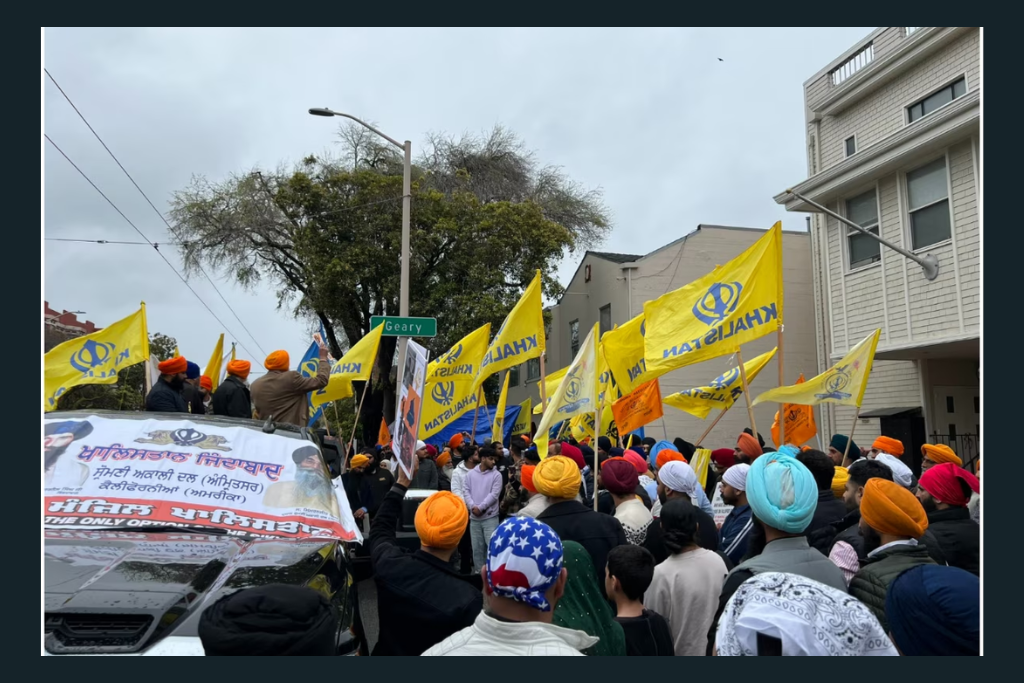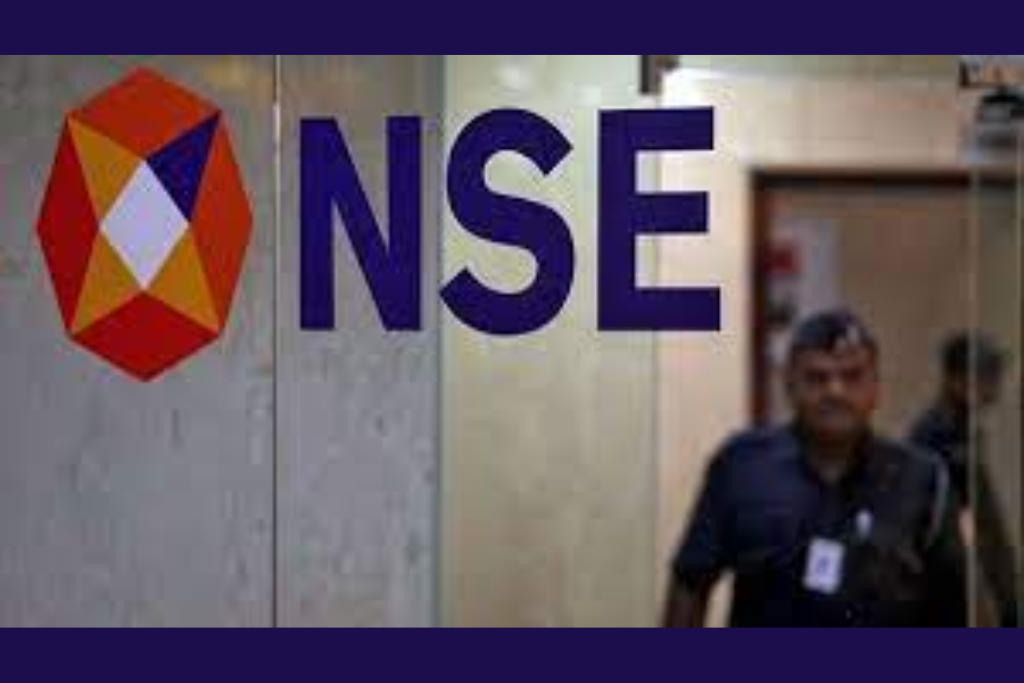In a distressing turn of events, the Indian consulate in San Francisco has once again become the target of an attack. This incident marks another chapter in the ongoing cycle of violence that seems to be escalating with each occurrence. As authorities investigate the matter, concerns over the safety of diplomatic establishments arise, highlighting the need for enhanced security measures. The attack raises questions about the motives behind such acts and their potential ramifications. This article delves into the recent assault and its implications for Indian consulates abroad.
The Attack:
On an unidentified assailant targeted the Indian consulate in San Francisco, aiming to cause damage and instill fear. Preliminary reports indicate that the attacker used a yet-to-be-identified method, which resulted in substantial destruction to the consulate’s property. The local law enforcement agencies swiftly responded to the incident and are actively investigating the case to apprehend the responsible party. The motive behind the attack remains unclear, leaving the authorities to explore various possibilities.
Previous Incidents:
This unfortunate incident is not an isolated occurrence. Over the past few years, Indian consulates abroad have faced similar attacks, posing a significant challenge to diplomatic relations and international cooperation. These assaults have taken place in different parts of the world, raising concerns about the safety of diplomatic personnel and Indian citizens residing abroad. The recurring nature of such attacks suggests a cycle of violence that demands immediate attention and comprehensive measures.
The Cycle of Violence:
The phrase “violence begets violence” aptly encapsulates the vicious cycle plaguing diplomatic establishments like the Indian consulate in San Francisco. Each attack begets a heightened sense of insecurity and prompts retaliatory actions, leading to an escalating spiral of violence. Such incidents not only jeopardize the lives of diplomatic personnel but also strain diplomatic ties between nations. It becomes imperative for the international community to address this cycle and work together to break it.
Implications and Way Forward:
The attack on the Indian consulate in San Francisco sends shockwaves through diplomatic circles, urging nations to reevaluate their security protocols. It highlights the need for robust security measures and intelligence sharing to counteract potential threats. Strengthening security frameworks around diplomatic missions and collaborating on a global level are essential steps in preventing further attacks and protecting diplomatic personnel and assets.
Furthermore, efforts should focus on understanding the root causes and motivations behind such attacks. Addressing underlying issues, promoting dialogue, and fostering mutual understanding can help alleviate tensions and reduce the likelihood of violence. Diplomatic channels should be utilized to resolve conflicts and build bridges of cooperation, fostering a peaceful environment where acts of violence become obsolete.
Conclusion:
The repeated attack on the Indian consulate in San Francisco serves as a stark reminder of the challenges faced by diplomatic establishments worldwide. This cycle of violence demands urgent attention from the international community, compelling nations to collaborate in enhancing security measures and working towards peaceful resolutions. Breaking the cycle requires a concerted effort to address root causes and promote dialogue, ultimately fostering a world where diplomatic missions serve as symbols of cooperation rather than targets of violence.
For all the latest news, keep visiting The World News.



